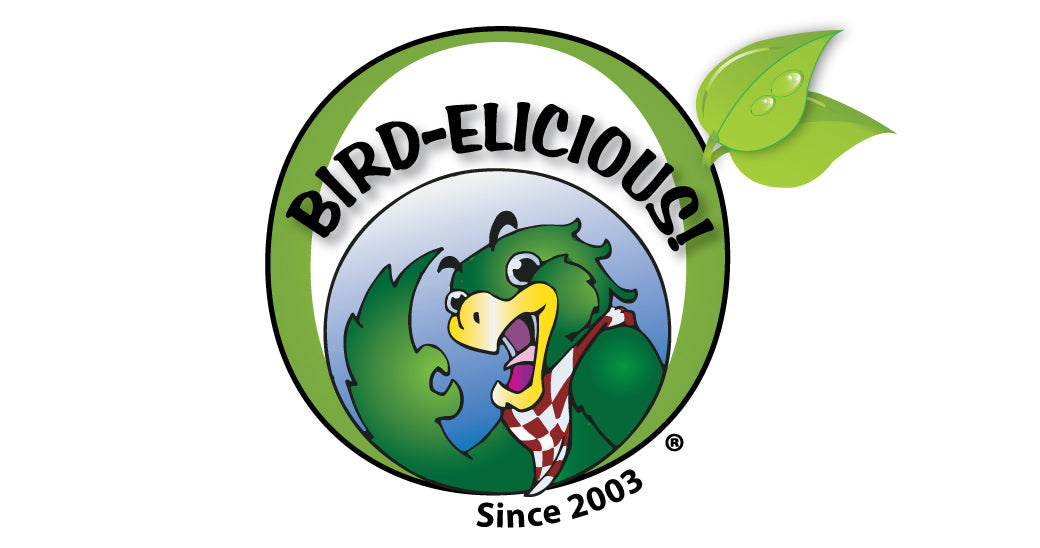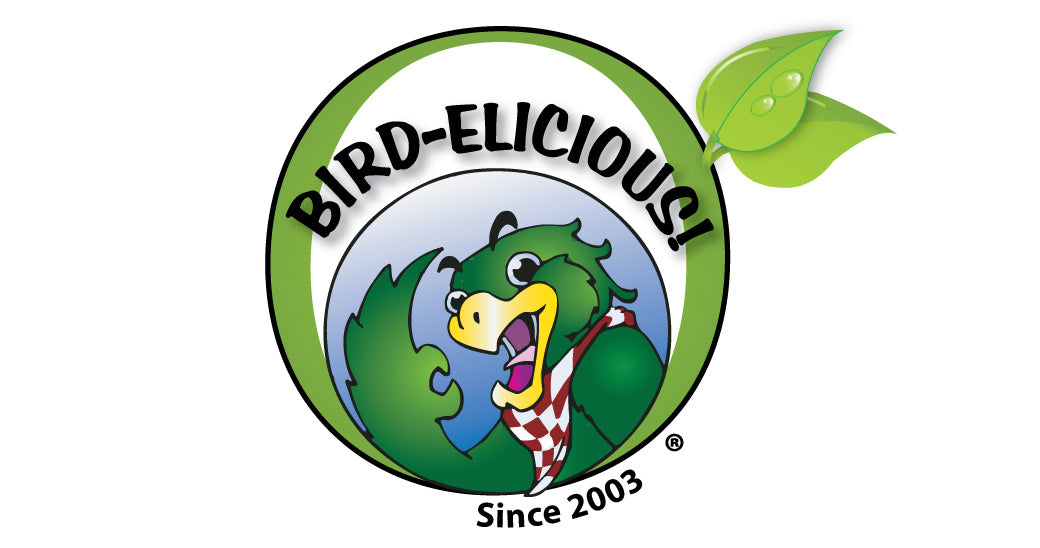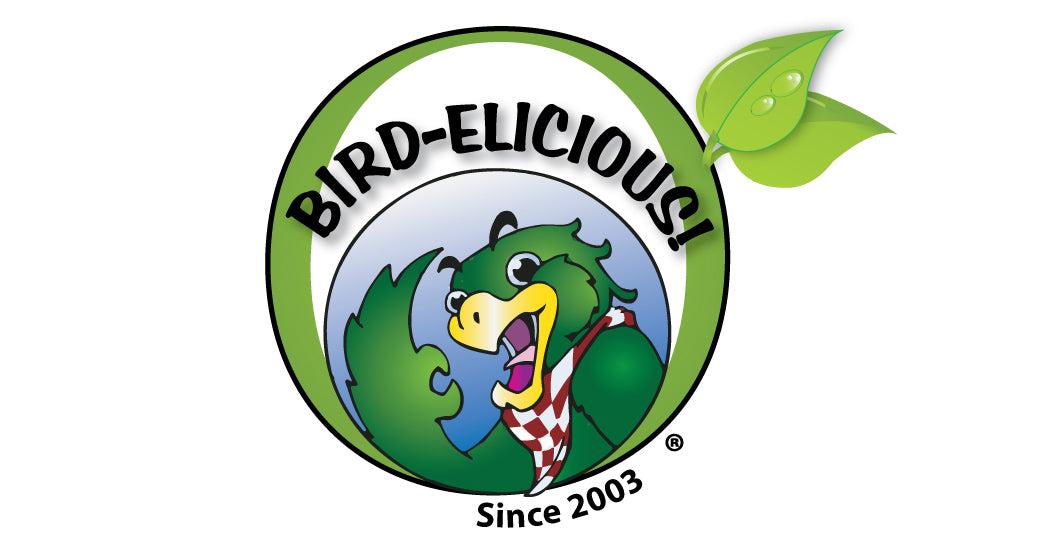47-Year-Old Lesser Sulphur Crested Female Cockatoo
Self-Mutilation
Rescue
Rehab
Recovery

Franny’s story is only one of thousands that could go untold, but Franny landed in our sanctuary. We believe every parrot has a story that deserves to be told. Parrots who engage in self-mutilation deserve to have their stories told LOUDLY! This is so all of us can learn from their stories, not so that anyone can grandstand for caring for these preciously brave and courageous exotic creatures.
At Providence Exotic Bird Sanctuary we receive parrots whose previous caregivers have lost hope in caring for the birds we now provide permanent residence, rehabilitation and care for.
When we took on this responsibility we didn’t take our mission lightly; we knew that we would be caring for the worst of the worst in regards to feather destruction and self-mutilation. We knew that we would be receiving birds who were quite literally at death’s door and may not live to see the celebration of their next “hatch day.” So. Be. It. We were in this for all of the good as well as all of the bad; heart beat or heart break…and all of the in between.
Fortunately in all 15 years of caring for these precious birds together with my husband only 3 out of 28 have crossed over the Rainbow Bridge under our care. (My husband has been caring for birds for close to 40 years. George has seen and been a part of all of the husbandry trends in diet and overall care.) Considering the physical shape in which they arrive at our sanctuary we think those are pretty good odds. Some may think that “28” parrots are not very many to care for over the span of 15 years, but considering that we are only two people caring for birds with severe health disabilities, we know that we have to limit ourselves to how many birds we can properly care for at any one time. However, I have counseled hundreds of others who have or had feather destroyers and mutilators. In addition, there was a time we had to take a short break from caring for any birds at all due to my own health crisis. Yes, care-giving takes a toll on the healthcare provider too, especially when that provider has a legal disability of their own.
The ups and downs we, as humans go through mentally, emotionally and physically caring for permanently ill and/or disabled animals is paramount; it’s called “caregiver burnout” or “compassion fatigue” and it’s an actual diagnosis if you were to go for counseling. We put our heart and soul into these precious parrots. Often we love them just as much as we do human family members and would go to the ends of the earth to make sure they are cared for as well as any disabled human, and we do.
Here at Providence Exotic Bird Sanctuary we saw early on that very specific diets had to be formulated to meet the very specific requirements of these needy parrots. They are not like any other parrots people care for in their homes. These parrots suffer symptoms from improper breeding, improper diets of their past and chronic incorrect overall husbandry techniques. They have suffered long term and that kind of suffering cannot be reversed in a few weeks or months; that kind of suffering requires years of rehabilitation. The parrots who come to use will never fully recover; they require close care and attention for the remainder of their lives and cannot ever be adopted out to a “normal” family environment due to the special care and special diets they now require to survive.
What kind of special needs do these parrots have that do not permit them to be adopted out?
Let’s use Franny as just one example of potentially thousands of birds who suffer this insidious syndrome.
These parrots come with severe, SEVERE trust issues. Often they will not allow anyone to touch them let alone pick them up or transport them from one place to another. Creating a new relationship with them in order to put a collar on and off for their own good is a major feat. They frighten at the slightest of movement and often suffer night frights. There are many a sleepless nights with a feather destroyer or self-mutilator; they are restless and always on guard for perceived “predators.” Regardless of the fact that their new caregiver is someone who will no longer yell at them or beat them or bang their cage for screaming or plucking or self-mutilating, they just don’t trust. (Not that their immediate past caregiver abused them in any way, but someone in their distant past may have.) Besides, they are so wound up from their previous diets high in Omega 6s they can’t rest or sleep! Their systems are literally revved up!
Now they have food, real food at their disposal to eat and throw out whenever they want to! And they won’t get yelled at if they don’t eat, or if they throw it out! Most often though they love their new diet because it’s exactly what their little bodies have been craving…that’s one reason why they turned into screamers, pluckers and mutilators in the first place. Many of these poor birds were raised on insufficient seed-only or highly processed pelleted diets never having access to truly nutritious food similar to what their exotic species would find in the regions where they originate. –In addition we allow their wings to grow, if they can. We never clip their wings…ever. Akin to cutting our own hands off at the wrists, or our arms off…we believe birds may not feel pain when having their flight feathers cut, but they most certainly do lose their sense of “holistic wholeness” and definitely lose some of their intrinsic balance. No, birds who come to regain their wholeness at Providence gain more than physical health, they gain physical, mental, emotional and spiritual health…whatever that means to an exotic bird. We treat the whole bird “holistically.” They gain their independence as much as possible a captive bird is capable of gaining.
While Franny has come a long, long way since she first arrived at our sanctuary in the winter of 2013, she can never be trusted to be totally without her “Saucer Collar ” for long periods of time.
” for long periods of time.

We do not use “soft cloth collars” or “sweaters, jackets, vest, or socks” of any kind here in our sanctuary for any species of bird. We have tried them and we are not convinced they are safe for birds. Our experience is that birds chew anything and everything that is within reach of their beaks. Having a foreign object on them drives a bird to even more frustration and they will attempt to get any soft item off. This will tempt them to chew the soft material and many will ingest the cloth potentially causing the crop and overall digestive tract to become impacted. This often requires emergency extraction of these foreign fibers under anesthesia in the veterinarian’s ER. In fact this is exactly what we encountered with Franny. She chewed her soft collar and ingested the fibers. It wasn’t until I noticed that she wasn’t eating well, and her droppings had a fibrous appearance and texture that I realized she was actually ingesting the parts of her collar she was chewing! Upon making this discovery I immediately removed her soft collar and replaced it with her “Saucer Collar ” never to use or endorse the use of a soft collar or vest ever again. Fortunately I found this in time that we didn’t need to take her to the vet for surgery and she was able to pass all of the fibers she ingested. -The only type of collar I endorse is the “Saucer Collar
” never to use or endorse the use of a soft collar or vest ever again. Fortunately I found this in time that we didn’t need to take her to the vet for surgery and she was able to pass all of the fibers she ingested. -The only type of collar I endorse is the “Saucer Collar ” which is currently a self-made collar. We can give each caregiver instructions how to make this collar at home themselves if they have a mutilating or feather destroying bird (I do not recommend collaring most feather-destroying birds unless they are actually mutilating their skin).
” which is currently a self-made collar. We can give each caregiver instructions how to make this collar at home themselves if they have a mutilating or feather destroying bird (I do not recommend collaring most feather-destroying birds unless they are actually mutilating their skin).

(Courtesy Brisbane Bird Vet)
What about Franny’s diet?
Diet is key in managing self-mutilation. While diet may not cure a self-mutilator, it may very well save a bird’s life.
We have Franny on our Better Feathers diet for feather destroyers and mutilators. This diet has been 15 years in formulating and I have spent the last two years actually testing it through a 3rd party independent laboratory. This diet has been clinically tested on many birds and has been found to drastically reduce or eliminate feather destruction in the majority of birds who consume it.
diet for feather destroyers and mutilators. This diet has been 15 years in formulating and I have spent the last two years actually testing it through a 3rd party independent laboratory. This diet has been clinically tested on many birds and has been found to drastically reduce or eliminate feather destruction in the majority of birds who consume it.
Through clinical research and studies we have found feather destroyers require a complete digestive tract detox and replenishment of “gut flora” due to improper breeding techniques, improper feeding since hatch, and improper feeding methods throughout life and the use of antibiotics during periods of illness. Once the digestive tract has been thoroughly detoxed and replenished we then move on to feeding foods that are truly suited for exotic birds; foods that are more similar to what they might find in their indigenous regions if they were wild and flying free. This all begins with a step-by-step process gradually introducing those foods to their digestive tract so their mucosal lining and their overall tract has time to grow accustomed to these new foods and all of the constituents they contain. All of this requires time and patience on the part of the caregiver and is not to be hurried. Once the digestive tract has had time to adjust to one phase we move on to the next, but the overall healing of the digestive tract requires time and we often do not see the outward healing for months and sometimes years down the road. Slow healing is the name of the game. Our goal is to gradually reduce or eliminate feather destruction AFTER internal healing takes place; growing feathers back, if it takes place is the icing on the cake. Many times feather growth never takes place in the case of a bird who has been engaging in this syndrome for years on end. Our mission is to reduce feather destruction before a bird begins mutilating its skin, or to reverse self-mutilation if it has already started.
Today Franny is thriving compared to how she existed when she arrived at our sanctuary! She still has to wear her Saucer Collar much of the time, but we can remove it for up to 6-8 hours at a stretch! This is phenomenal considering that when she came we couldn’t remove it for 5 minutes without her tearing into her wound!

I strongly encourage you, if you have a feather destroyer or self-mutilator to contact us; we care. We have been researching and studying this insidious syndrome for 15 years; we understand “The Mutilation Syndrome ” more than most. It has always been my personal passion and mission to come to the aid of birds who suffer this engagement. I will never stop researching this syndrome as long as I have a life in which to provide aid to these magnificent creatures. Our program is not an overnight fix. Our program is not a “quick-fix”, it’s not intended to be. We believe in slow, but deep and efficient healing. Our program is thorough, not like any program you will find anywhere. We do not use any OTC remedies. Our program will not put more chemicals into your bird’s system. We use pure, wholesome and natural ingredients in our foods similar to what exotic birds might find in their indigenous regions. Our foods are full of naturally occurring digestive enzymes, naturally occurring proteins, naturally occurring fatty acids, naturally occurring carbohydrates (the right kind for a parrot’s digestive tract), along with many naturally occurring vitamins and minerals.
” more than most. It has always been my personal passion and mission to come to the aid of birds who suffer this engagement. I will never stop researching this syndrome as long as I have a life in which to provide aid to these magnificent creatures. Our program is not an overnight fix. Our program is not a “quick-fix”, it’s not intended to be. We believe in slow, but deep and efficient healing. Our program is thorough, not like any program you will find anywhere. We do not use any OTC remedies. Our program will not put more chemicals into your bird’s system. We use pure, wholesome and natural ingredients in our foods similar to what exotic birds might find in their indigenous regions. Our foods are full of naturally occurring digestive enzymes, naturally occurring proteins, naturally occurring fatty acids, naturally occurring carbohydrates (the right kind for a parrot’s digestive tract), along with many naturally occurring vitamins and minerals.
Our Better Feathers foods for feather destroyers and mutilators is scheduled to be released for public purchase sometime this year, hopefully no later than June 2016. In the meantime I encourage those of you with birds who engage in this syndrome to join us at www.ExoticBirdClubOnline.com to learn more about what I have learned regarding “The Mutilation Syndrome.” It is not purely behavioral, although the root cause does affect the behavior of our beloved birds. I would love to explain all of this to you!
foods for feather destroyers and mutilators is scheduled to be released for public purchase sometime this year, hopefully no later than June 2016. In the meantime I encourage those of you with birds who engage in this syndrome to join us at www.ExoticBirdClubOnline.com to learn more about what I have learned regarding “The Mutilation Syndrome.” It is not purely behavioral, although the root cause does affect the behavior of our beloved birds. I would love to explain all of this to you!


©1.28.16 Machelle Pacion Passion Tree House LLC All Rights Reserved www.TheBestBirdFood.com




Leave a comment (all fields required)